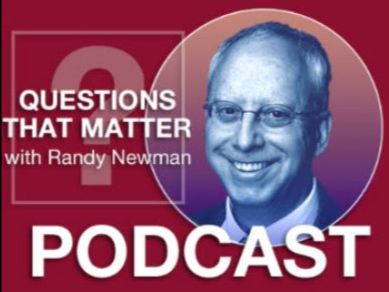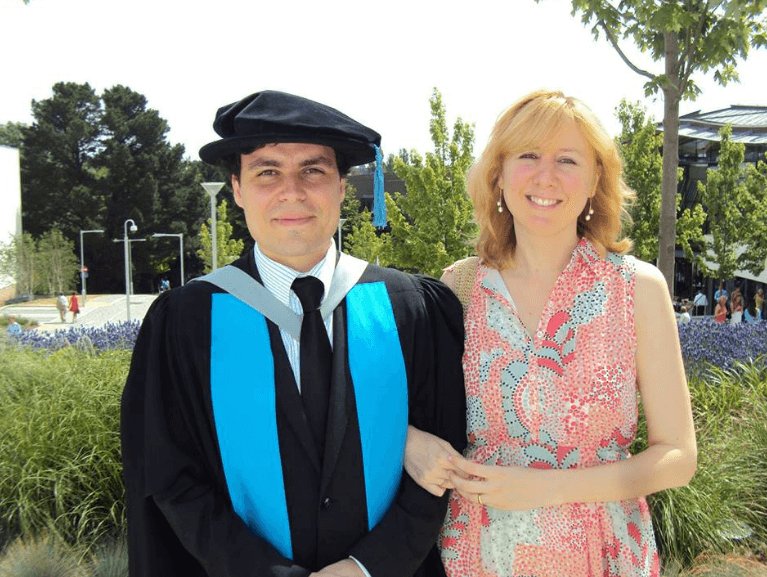Spending time with students is a given for a university professor. But for a Christian professor, engaging in faith conversations with students is one of the most important things that they do. They have a daily opportunity to influence this generation of students in profound ways.
One such conversation between a student and his professor “Phillip” illustrates the importance of these interactions…
I had lunch last week with a second-year student from Iraq….This particular student was in my history class last spring, has a quick mind, and is an eager reader. We had a couple of conversations last spring, and I gave him some books about Christianity this summer, which he read. He has many questions about the Christian faith, and about the possibility of knowing any sort of truth; he raised so many issues in our lunch conversation that I started keeping track of them on paper napkins…. How does God have the right to judge people if we’re born sinful? Does the progress of science make the Bible irrelevant? Can’t you be a moral person if you don’t believe in God? How do we know that Jesus really claimed to be divine? Do Christians believe that God died on the cross? I could go on with more of his questions, but that gives you the flavor of the conversation.
For some students here–and for non-Christians elsewhere–asking questions is just a smokescreen, a way to avoid grappling with the claim God has on their lives. I think for this student, though, his questions are genuine, and I try to respond to them. Such conversations do make me wonder about the best approach, because as soon as I attempt to respond to one issue, the person just raises another, and it turns into conversational “whack-a-mole.” Thus, I usually–as I did with this student–turn the conversation to Jesus and other issues become less important. Near the end of our conversation, this student raised the issue of sin, admitting his own failings. “You have to try and redeem yourself,” he said, sounding hopeless. It was an open conversational door that I was happy to walk through, and I talked about the power of grace: in Christ, God has done for us what we cannot do for ourselves.
Thanks for praying for this student, and for others like him; he’s taking the Bible classes this year, and is asking questions there, too. We believe in the value of helping students think clearly, but we know that the Holy Spirit has to be at work to bring them to faith.
I think Phillip summed it up –We believe in the value of helping students think clearly, but we know that the Holy Spirit has to be at work to bring them to faith.
Please pray for Phillip, his student and all of our Christian professors–that the Holy Spirit will be at work in every conversation they have. No matter how brief or seemingly insignificant, there are no insignificant conversations when He is involved!
We are so thankful for being a part of equipping Christian professors like Phillip to make an impact for Christ around the world.
Listen to the August episode of the College Faith podcast, featuring Dr. Michael Kruger, discussing his book written for his daughter, Surviving Religion 101: Letters to a Christian Student on Keeping the Faith in College.
In a recent episode of the Thinking Christianly podcast, J.P. Moreland and I discuss what it means to “think Christianly.”
Listen to the most recent episode of the Questions That Matter Podcast, where Dr. Stan Wallace and Dr. Randy Newman discuss “Loving God With Your Mind.”








